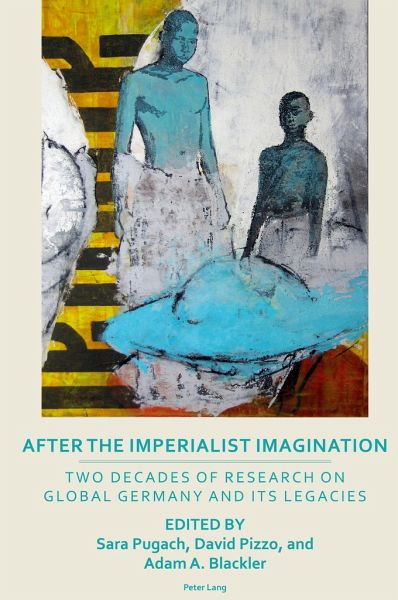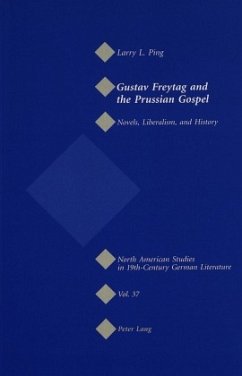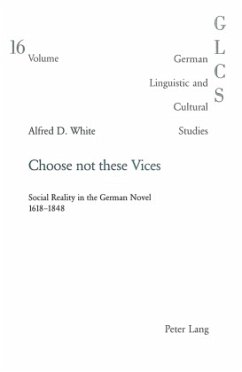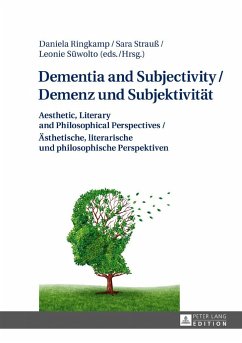
After the Imperialist Imagination
Two Decades of Research on Global Germany and Its Legacies
Herausgegeben: Price, Dorothy; Krishnan, Madhu; Atkin, Rhian; Pugach, Sara; Pizzo, David; Blackler, Adam
Versandkostenfrei!
Versandfertig in 6-10 Tagen
86,35 €
inkl. MwSt.
Weitere Ausgaben:

PAYBACK Punkte
0 °P sammeln!
«After the Imperialist Imagination underscores that imperialism's hold on Germans' sense of the global is not yet exhausted, but places greater weight on contestations than its predecessor. I commend the volume for making a noteworthy contribution to a thriving constellation of fields.» (Katrin Sieg, German Studies Review, 45.3, October 2022, pp. 611-613)The precursor to this book, Sara Friedrichsmeyer, Sara Lennox, and Susanne Zantop's now classic volume The Imperialist Imagination: German Colonialism and Its Legacy, initiated an explosion of research on all aspects of relations between Ger...
«After the Imperialist Imagination underscores that imperialism's hold on Germans' sense of the global is not yet exhausted, but places greater weight on contestations than its predecessor. I commend the volume for making a noteworthy contribution to a thriving constellation of fields.» (Katrin Sieg, German Studies Review, 45.3, October 2022, pp. 611-613)
The precursor to this book, Sara Friedrichsmeyer, Sara Lennox, and Susanne Zantop's now classic volume The Imperialist Imagination: German Colonialism and Its Legacy, initiated an explosion of research on all aspects of relations between Germany and the rest of the world. This scholarship emerged from numerous disciplinary fields, encompassing history, literary studies, and anthropology and utilized a diverse set of methodologies, such as environmentalism, transnationalism, and postcolonial theory.
The present collection analyzes scholarship on global Germany since 1998, assessing its impact on German historiography and diaspora studies. It introduces emerging and ongoing research that demonstrates the remarkable breadth of the field today and how scholarly constitutions of German imperialism have expanded beyond the scope of the formal colonial era. In addition, this volume stretches our understanding of German entanglements to the wider world, locating Germans in places that most scholars do not traditionally associate with German imperialism. It reveals that Germany's colonial presence overseas forged consequential links to landscapes, traditions, and communities beyond Europe that continue to modify the cultural boundaries of Germanness into the present day.
The precursor to this book, Sara Friedrichsmeyer, Sara Lennox, and Susanne Zantop's now classic volume The Imperialist Imagination: German Colonialism and Its Legacy, initiated an explosion of research on all aspects of relations between Germany and the rest of the world. This scholarship emerged from numerous disciplinary fields, encompassing history, literary studies, and anthropology and utilized a diverse set of methodologies, such as environmentalism, transnationalism, and postcolonial theory.
The present collection analyzes scholarship on global Germany since 1998, assessing its impact on German historiography and diaspora studies. It introduces emerging and ongoing research that demonstrates the remarkable breadth of the field today and how scholarly constitutions of German imperialism have expanded beyond the scope of the formal colonial era. In addition, this volume stretches our understanding of German entanglements to the wider world, locating Germans in places that most scholars do not traditionally associate with German imperialism. It reveals that Germany's colonial presence overseas forged consequential links to landscapes, traditions, and communities beyond Europe that continue to modify the cultural boundaries of Germanness into the present day.













